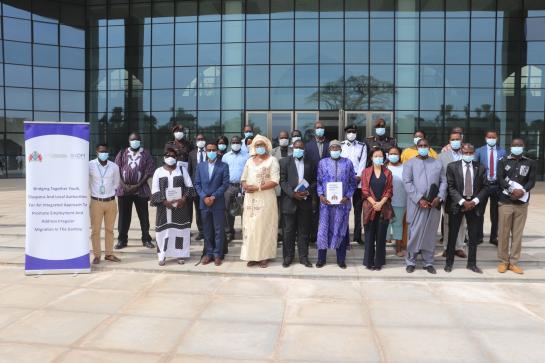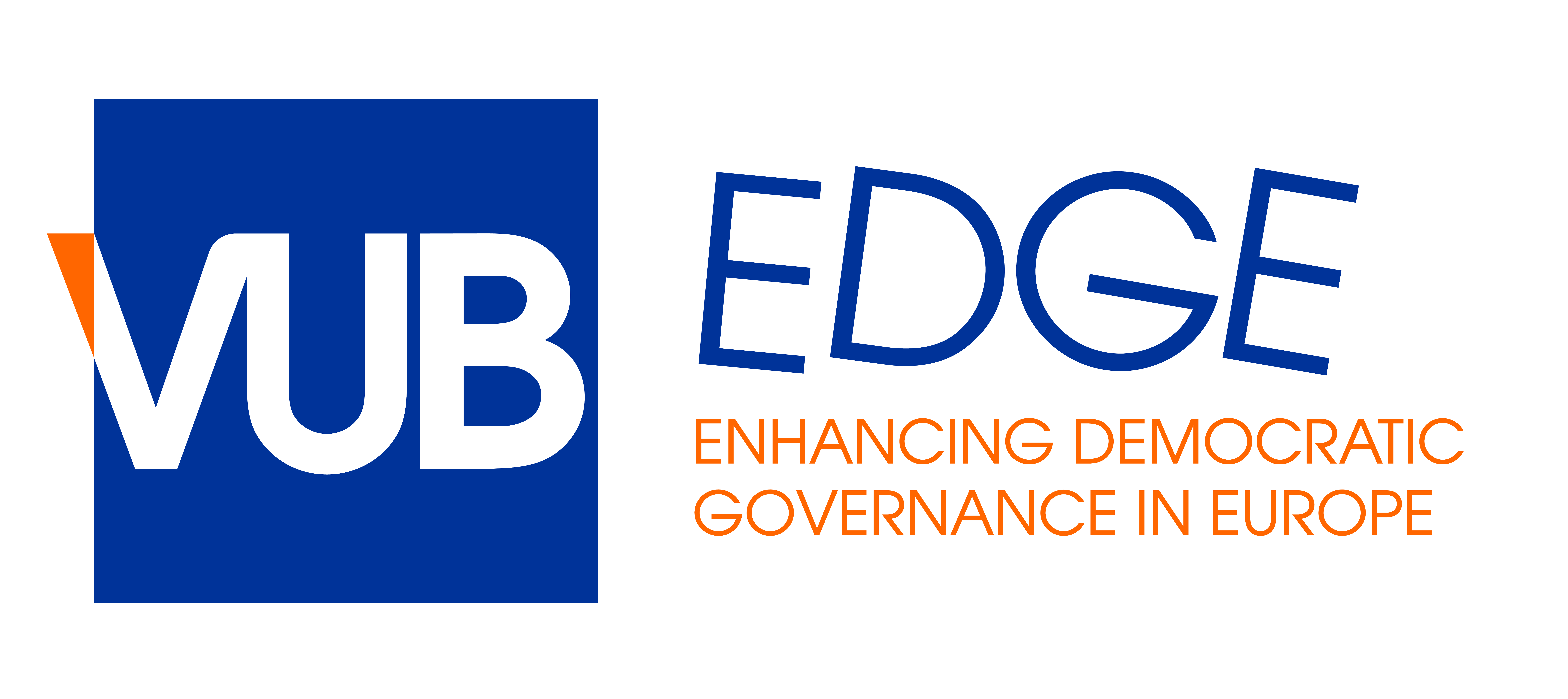
By Omar N. Cham
Doing fieldwork can be an extremely daunting task, especially during a global pandemic where lockdowns, travel restrictions and quarantine protocols poses significant challenges in terms of getting timely access to research sites and respondents. In the context of my recent field trip to The Gambia, restriction to travels posed a major challenge. Notwithstanding, my fieldwork experience was a uniquely enriching experience and an opportunity to further learn and develop practical fieldwork skills. Travelling for the first time to conduct fieldwork comes with anxiety and excitement, especially if the research site is home. The Gambia I have returned to conduct fieldwork between November 2020 to January 2021 is different from The Gambia I last visited in August 2016. Few months after my visit in 2016, The Gambia experienced a change of regime – a peaceful, yet chaotic transition from autocracy to democracy. The change of regime witnessed the end of a 22-year-old dictatorship and the beginning of a new democratic regime ushered in by Gambia Coalition 2016. As a Gambian PhD-researcher in political science based in Brussels, this regime change motivated me to reflect on the potential impact of such an event on migration cooperation between The Gambia and EU, especially on returns and readmission. Namely, I started asking whether domestic and international political actors, discourses, and policies on return cooperation are actually and substantially changing due to the regime shift? What is the role of regime type in migration policy making? And how does this shape migration policy in the Global South? These questions have driven my field research.
At an individual level, it was extremely exciting returning home for the first time since the change of regime, both to conduct fieldwork and see family and friends again. The 2016 regime shift in The Gambia brought hope to ordinary Gambians both home and abroad. Gambians saw it as an opportunity for truth hearing, reparation, and national reconciliation after 22 years of dictatorship marked largely by human rights violation, abuse of power and disregard to civil liberties. In the broader international context, the change of regime was largely welcomed by international actors, especially the EU – as it provided opportunities for collaboration with the new democratic government on salient issues such as migration. Despite the persistent question from some sections of the Gambian society about how much substantial change had actually taken place since 2016, I was personally astonished to hear the everyday political debates and conversations on radio stations, television, public transports, homes and in neighbourhoods openly criticising the government. That was unconceivable four years ago, especially if critical remarks directly concerned the previous regime. To me, that ‘freedom’ looked like real progress towards the consolidation of our newly-found democracy. The change of regime in 2016 signalled not only the desire to change the political status quo, but by extension the desire to improve the overall wellbeing of Gambians – such as, better living standards, better infrastructures, improved access for health and education, improved access to electricity and water, and security.
In addition to improving Gambians’ wellbeing, the issue of migration remains a key political and policy concern. In a country where 2% of its population arrived in Europe through irregular means between 2009 and 2018 – and being among the top nationalities that crossed the Mediterranean Sea during the so-called ‘refugee crisis’ of 2015 –, the topic of migration will no doubt constitute a salient national issue in the years to come. The regular newspaper and radio stories on planned deportations, increased number of externally funded projects on migration, periodic migration workshops and trainings for returnees were daily reminders of how salient the topic of migration has become in The Gambia. Migration cooperation, especially relating to return and readmission, between third countries and the EU can be an extremely sensitive topic which most policy makers and government officials don’t openly discuss about. I was fully conscious of this. When I set out to do my interviews, I was aware that my background as an ‘insider’ could facilitate easy access to respondents, as well as help building trust and good relationship. Notwithstanding, I occasionally felt anxious about whether my next respondent would even be interested in my research at all or willing to use an hour of his/her schedule to talk to me. However, the more I conducted interviews and interacted with respondents, the more my fear was dismissed. As I wanted to understand what happened on migration cooperation between the EU and The Gambia before and after the regime change, I ensured that officials and other relevant authorities who have worked on this issue in the past and now – as well as civil society actors, NGOs, returnees, political actors, academics, representatives of the EU and other international organisations such as the IOM – were all interviewed. Interviews with local NGOs and returnees were easier to arrange, lasted longer and built around a less bureaucratic language and informal behaviour, as opposed to the case of government officials and representatives of international organisations and the EU.
Interviews provided me with a firm grasp of former and current politics and dynamics of migration cooperation between The Gambia and EU. This was mostly due to the trust-based relationships I built with respondents. Trust immensely contributed to fostering respondents’ willingness and openness to share vital information with me. Besides the interviews, I was also lucky to witness the launching of the first-ever national migration policy of The Gambia. This signifies an important milestone in the Country’s migration governance and marks the achievement of target 10.7 of the Sustainable Development Goals (SDGs) – i.e. facilitate orderly, safe, and responsible migration and mobility of people, including through implementation of planned and well-managed migration policies. Key elements of the Gambian national migration policy include migration and development, return and readmission, labour migration, border management, human rights of migrants, and so on.
As my first field trip has successfully come to an end, the greatest lessons I have learned is the importance of building trust with respondents, making your research objectives clear and concise and, above all, bringing with you lots of patience and persistence.

Add new comment